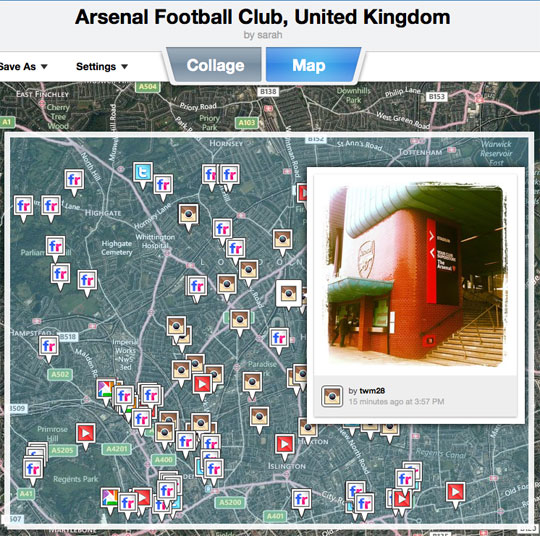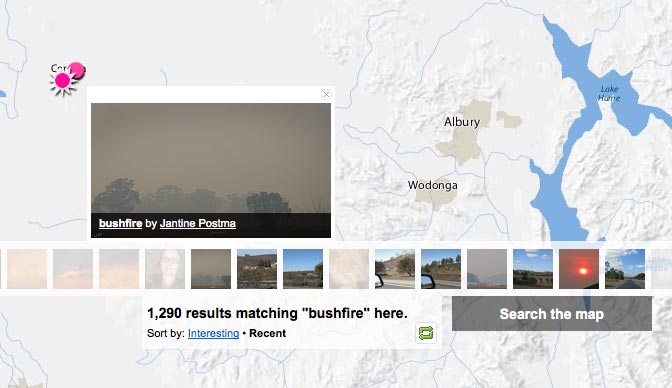Anyone can now join multimedia storytelling platform Storify.
The site, which allows users to drag and drop elements such as tweets, audioboo recordings, photographs from Flickr and YouTube videos to tell a dynamic story, which can then be embedded on a news website or blog, was previously in private beta and an invitation was required. As of this week Storify is now in public beta.
Since its launch in September, private beta users have created more than 21,000 stories, according to this post.
Storify stories have been viewed more than 13 million times, 4.2 million views were in March. The stories generated have been embedded on more than 5,000 sites, including news sites from the New York Times, to the Guardian and BBC.
Here are five stories to inspire you to have a go:
1. The Stream, the daily television show powered by social media and citizen journalism on Al Jazeera English, has created this Storify story on Blogging from “Between the Bars”.
[View the story Blogging from “Between the Bars” on Storify]
2. The Wall Street Journal embedded this Storify story which asks where should New York place QR codes?
[View the story QR codes in New York City on Storify]
3. Storify received record views after March’s earthquake and tsunami in Japan.
[View the story Latest on Japan earthquake and tsunami on Storify]
4. BBC London curated the London marathon with Storify.
[View the story Your Story of Marathon 2011 on Storify]
5. And whether you love of hate the hype, the Royal Wedding will no doubt inspire more Storify stories, such as this one from ABC News.
[View the story UK gears up for royal wedding on Storify]
Do you have any useful tips for people using Storify? Please share them with Journalism.co.uk readers.

